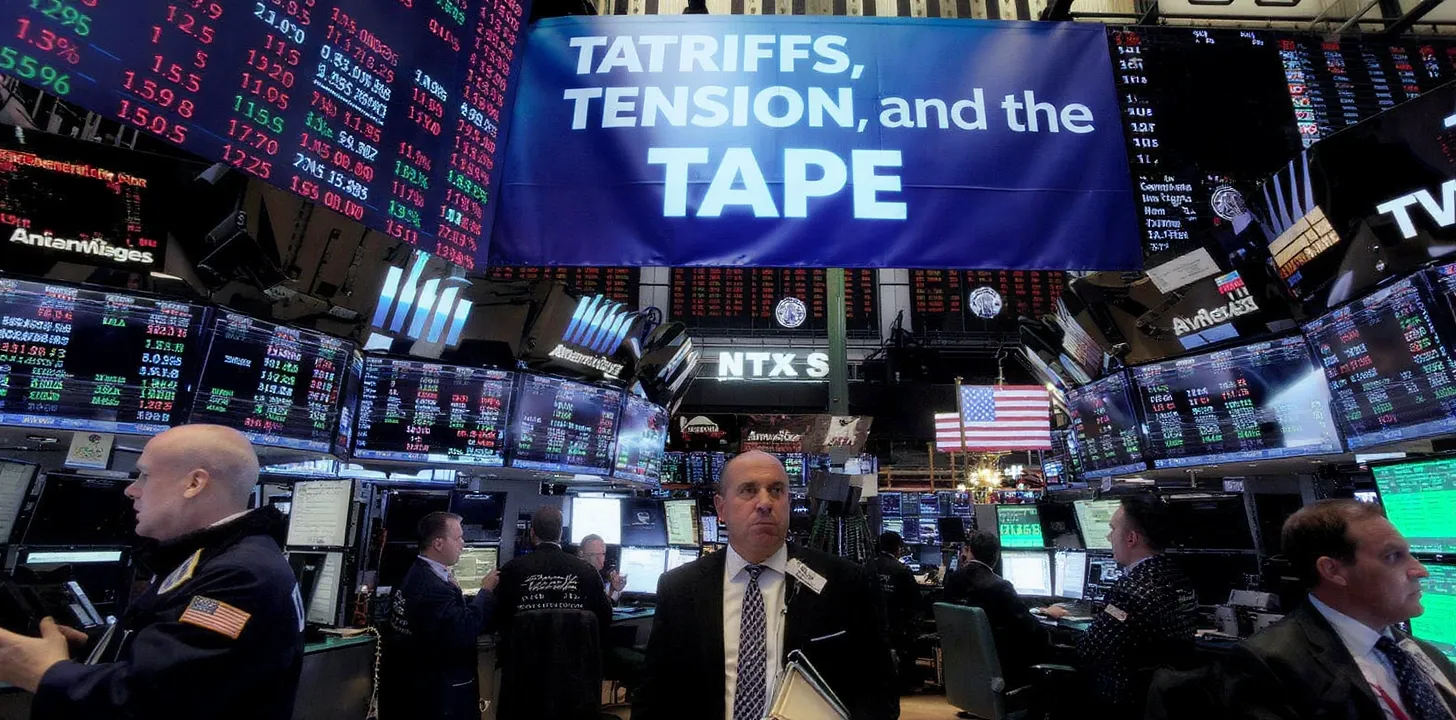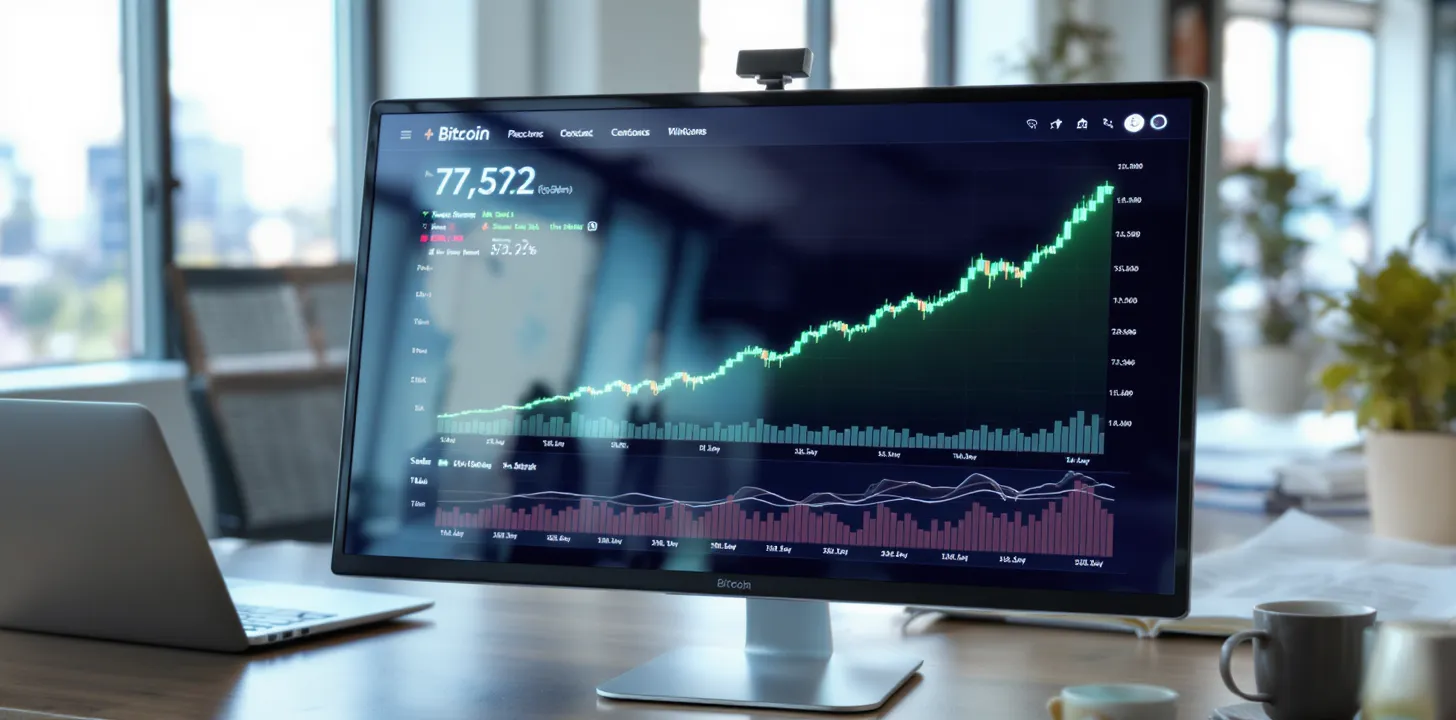Fundamental Analysis in Forex Trading
Introduction: Fundamental analysis is a critical tool in Forex trading, providing insights into the underlying economic factors that influence currency values. By analyzing economic indicators, central bank policies, and geopolitical events, traders can make informed decisions and anticipate future price movements. This article explores the key elements of fundamental analysis and how they can be applied in Forex trading.
The Role of Economic Indicators: Economic indicators are statistics that reflect the economic health of a country. Key indicators include Gross Domestic Product (GDP), employment rates, inflation, and retail sales. For instance, a strong GDP growth rate suggests a healthy economy, which can lead to a stronger currency. Conversely, high inflation may lead to a currency’s depreciation as purchasing power declines. Traders use these indicators to gauge the economic performance of a country and predict currency movements.
Central Bank Policies: Central banks play a pivotal role in Forex markets through their monetary policies. Interest rate decisions, quantitative easing programs, and forward guidance are some of the tools used by central banks to control inflation and stimulate economic growth. For example, an interest rate hike by the European Central Bank (ECB) may boost the euro as higher rates attract foreign investment. Understanding central bank policies and their potential impact on currencies is essential for Forex traders.
Geopolitical Events and Market Sentiment: Geopolitical events, such as elections, wars, and trade disputes, can create significant volatility in Forex markets. These events often lead to uncertainty, which can result in sharp currency movements. Market sentiment, or the overall attitude of investors toward risk, also plays a crucial role in how currencies react to geopolitical events. Traders must stay informed about global developments and assess how they might impact market sentiment and currency values.
Applying Fundamental Analysis in Trading: To effectively apply fundamental analysis, traders need to stay updated with the latest economic data and news. Economic calendars, central bank statements, and news feeds are valuable tools for keeping track of important events. By analyzing the data and understanding its implications, traders can make informed trading decisions. Combining fundamental analysis with technical analysis can provide a more comprehensive view of the market, leading to better trading outcomes.
Conclusion: Fundamental analysis is an essential component of successful Forex trading, offering valuable insights into the economic and geopolitical factors that drive currency markets. By understanding and applying fundamental analysis, traders can anticipate market trends, make informed decisions, and improve their overall trading performance. Staying informed and keeping a close watch on economic indicators, central bank policies, and geopolitical events is key to mastering fundamental analysis in Forex trading.



